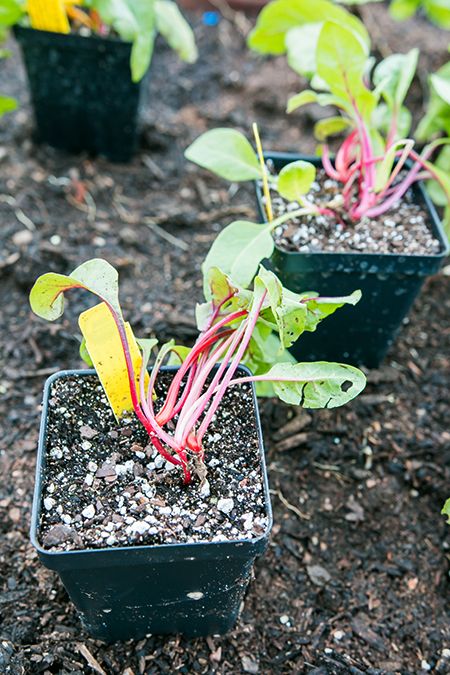Healthy soil is the foundation of a successful garden. Thriving gardens grow in soils that are rich in nutrients, organic matter, and microbial life. Beyond soil health, however, soil safety is also an important consideration.
This year, Christine Whitney of the City of Austin Brownfields Revitalization Program lead the organization of Austin’s first Soil Kitchen, an event that provided Austin home, school, and community gardeners with the opportunity to test samples of soil from their garden sites for free. Modeled after a similar event in Philadelphia, the 2015 Austin Soil Kitchen took place during the Fusebox Art Festival April 10-12, and was hosted in collaboration with the City of Austin Office of Sustainability and the City of Austin Sustainable Urban Agriculture and Community Garden program, with outreach support from Sustainable Food Center. Gardeners were invited to bring a soil sample to be tested for heavy metals like arsenic and lead and/or for nutrient analysis, and leave with a free snack. Since soil safety testing can be quite costly ($200 per sample and up, depending on the particular method of testing), free testing is a particularly valuable service.
It seems that Austinites know a good opportunity when they see one: gardeners dropped off almost 500 samples from community, school, and home garden sites across Austin. The results are in, and--good news!--none of the samples showed dangerous levels of contamination.
After such a successful first Austin Soil Kitchen, Whitney and her collaborators, including SFC, would like to make it an annual event, providing Austin gardeners with a regular opportunity to ensure that their soil is safe for growing food. If you think this is as great an idea as we do, please voice your support by “liking” the Austin Resource Recovery Facebook page and leaving a comment in support of the soil kitchen!
In the meantime, Whitney has the following tips for assessing safety of your soil for growing food:
- Learn about the history of your garden site. Who were past owners? What were past uses? Common sources of soil contamination in Austin are lead from paint from old structures, arsenic from treated lumber, and chemical residues from pesticides used in agriculture. Other possible sources of contamination are from nearby current or former gas stations, dry cleaners, or dump sites.
- If you learn of past uses such as those listed above at your prospective garden site, or if you are unsure about the past uses of your site, get your soil tested for safety.
Nonprofit organizations are able to receive free soil testing through the City of Austin Brownfields Revitalization Program. If you work with a school garden or a community garden sponsored by a nonprofit (like SFC), encourage your nonprofit sponsor to complete this Application for Environmental Services to request a free soil test.

